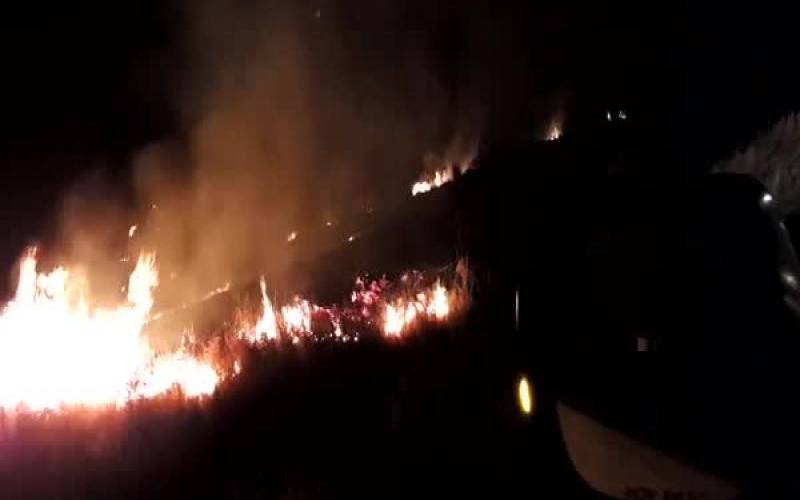×
The Standard e-Paper
Join Thousands Daily

Wildlife and Tourism PS Fred Sigor now believes that arsonists caused the fires that razed the 657 square kilometres of Tsavo National Park (pictured) in the past three months.